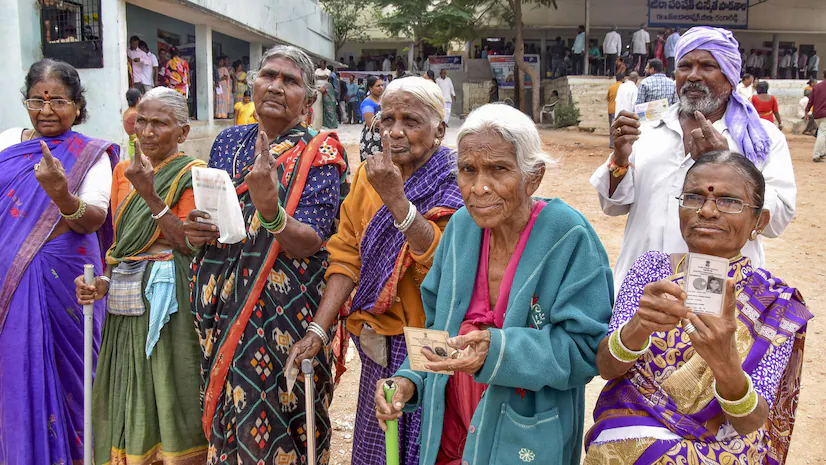The seventh and final phase of the Lok Sabha elections is set to conclude on Saturday, with voting taking place in 57 constituencies across 8 states. This phase, spanning northern, western, and eastern India, holds significant importance for major political parties, particularly the Bharatiya Janata Party (BJP) and the INDIA bloc alliance, which includes the Congress party.
Psephologists anticipate a closely contested election this time, contrasting the landslide victory witnessed in 2019. Congress leader Rahul Gandhi recently accused Prime Minister Narendra Modi of attempting to destabilize the Congress government in Himachal Pradesh, further intensifying the political atmosphere.
Ahead of the final phase of polling, heads of the Congress-led opposition parties within the INDIA bloc are scheduled to convene in Delhi on June 1. Notably, Delhi Chief Minister Arvind Kejriwal, from the Aam Aadmi Party (AAP), has been invited to participate. Kejriwal, currently on interim bail granted by the Supreme Court, is facing legal challenges related to the Delhi excise policy case.
Meanwhile, senior Congress leaders paid tribute to Pandit Jawaharlal Nehru, India’s first Prime Minister, emphasizing his profound impact on the nation’s history. Party chief Mallikarjun Kharge underscored Nehru’s role as the “architect of modern India,” highlighting his contributions to various spheres including science, economics, and industry.
As the final phase of voting draws near, political dynamics continue to evolve, with parties intensifying their efforts to secure victory. The outcome of these elections is poised to shape the future trajectory of Indian politics, reflecting the aspirations and choices of millions of voters across the nation.






